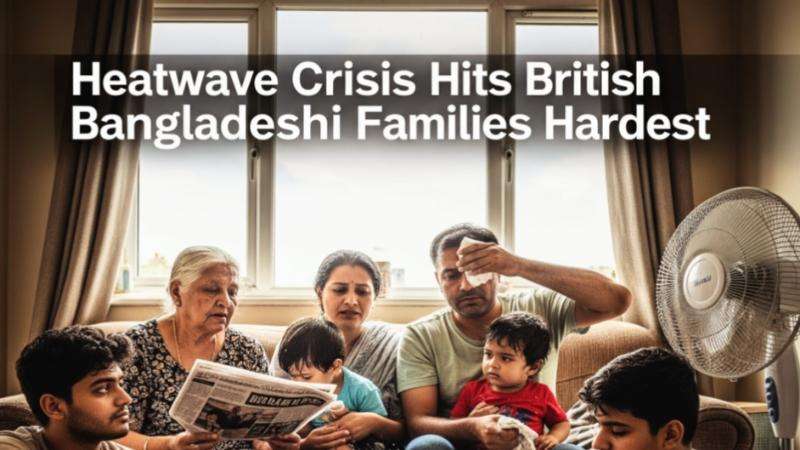What Is Critical Illness Cover?
Critical illness cover is a type of insurance that provides a lump-sum payout if you’re diagnosed with a serious illness listed in the policy. These typically include life-threatening conditions like cancer, heart attack, stroke, or multiple sclerosis. The payout helps you manage financial responsibilities during a challenging time, covering medical expenses, mortgage payments, and daily living costs.
Why Do You Need Critical Illness Cover?
In today’s world, medical advancements have increased survival rates, but treatment costs remain high. Critical illness cover provides financial stability, allowing you to focus on recovery without the added stress of financial burdens. Here's why it’s essential:
- Financial Security: Covers medical treatments, rehabilitation, and lifestyle adjustments.
- Debt Protection: Helps pay off outstanding debts like mortgages and loans.
- Income Replacement: Provides financial support if you’re unable to work.
- Peace of Mind: Reduces stress, enabling a focus on recovery.
What Does Critical Illness Cover Typically Include?
While policies vary, most cover:
- Cancer: Typically excludes early-stage and non-invasive cancers.
- Heart Attack: Requires proof of severity.
- Stroke: Permanent neurological damage must be proven.
- Organ Transplant, Kidney Failure, or Major Surgery: These are usually covered in full.
Always read the policy to understand what’s included and excluded.
How to Choose the Right Critical Illness Policy
1. Assess Your Needs
Consider your family history, lifestyle, and financial obligations. Do you have dependents? A mortgage? These factors influence the amount of coverage you need.
2. Compare Policies
Not all policies are created equal. Look for:
- Number of Illnesses Covered: More comprehensive policies cover a broader range of conditions.
- Payout Conditions: Understand the severity thresholds.
- Premiums: Choose between fixed and reviewable premiums.
3. Check Exclusions and Limitations
Some policies exclude pre-existing conditions, certain lifestyle-related illnesses, or specific stages of diseases. Clarify these exclusions before signing.
4. Consider Additional Features
Many insurers offer optional add-ons, such as:
- Children’s Critical Illness Cover: Provides protection for your children.
- Waiver of Premium: Premiums are waived if you can’t work due to illness.
Top Providers of Critical Illness Cover
Here’s a look at some leading providers in 2024:
- Aviva: Known for extensive coverage and flexible policies.
- Legal & General: Offers competitive rates and comprehensive illness lists.
- AXA: Features customizable policies with high customer satisfaction.
Is Critical Illness Cover Worth It?
The answer depends on your personal circumstances. If you have dependents, significant financial obligations, or a history of serious illnesses, it’s a valuable safety net. While premiums can seem costly, the potential financial relief during a health crisis is often worth the investment.
Final Thoughts
Critical illness cover offers peace of mind and financial protection in uncertain times. By carefully assessing your needs and comparing policies, you can ensure your family remains financially secure, no matter what the future holds.
FAQ
1. Is Critical Illness Cover the Same as Life Insurance?
No, life insurance pays out upon death, while critical illness cover provides a payout upon diagnosis of a serious illness.
2. Can I Get Critical Illness Cover with Pre-Existing Conditions?
It depends on the insurer and condition. Some may exclude coverage for certain illnesses or increase premiums.
3. How Much Does Critical Illness Cover Cost?
Premiums vary based on age, health, coverage amount, and the number of illnesses covered. Comparing multiple providers can help find the best deal.

_1.jpg)






.svg)





_1.jpg)